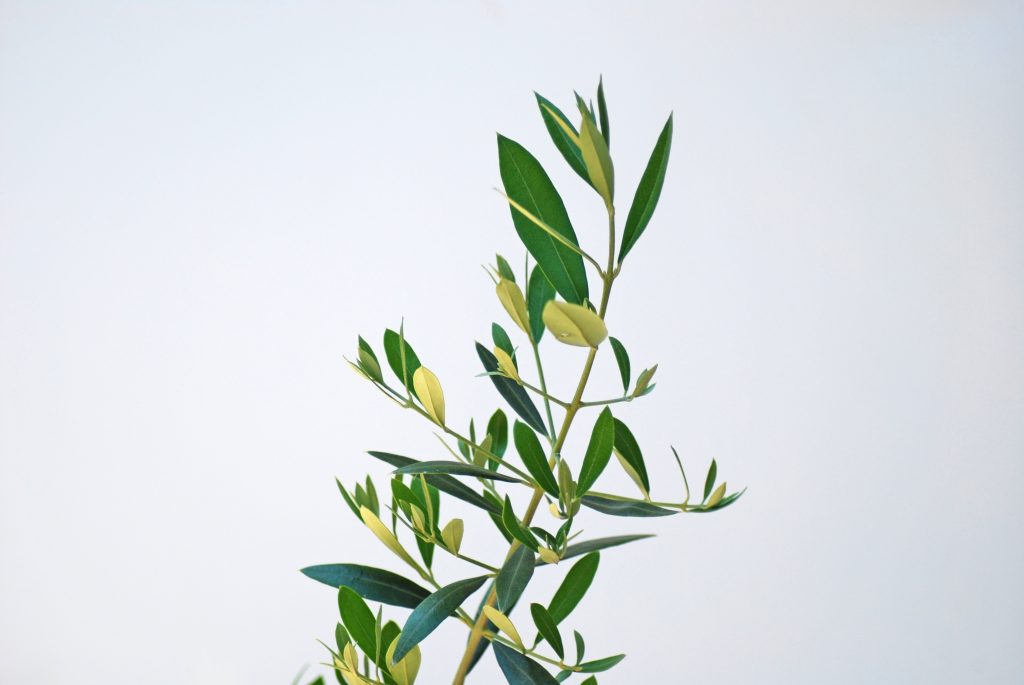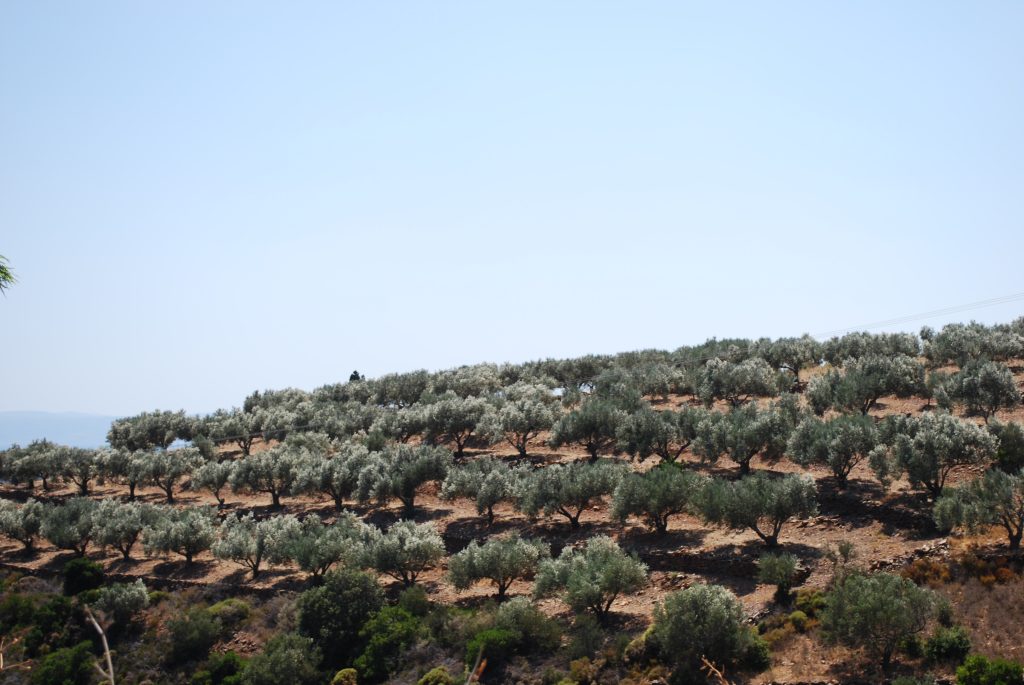The Olive – a Symbol of Peace, a Nutritious Food Source and the Starting Point for Bioinspired Crop Protection
The Olive – a Symbol of Peace, a Nutritious Food Source and the Starting Point for Bioinspired Crop Protection

Whilst not everyone will have offered you an olive branch after an argument, they may have offered a glass of wine with accompanying dish of olives as a “peace offering”. Olives are incredibly important to AlphaBio Control but what is this magical fruit and why is it so iconic?
The olive has been in Mediterranean diets for perhaps six to eight thousand years, and bizarrely there are olive trees that have been dated as having been around for much of that time. According to scientists, The Olive Tree of Vouves on Crete has been growing there for 4000 years and perhaps even older are The Sisters of Noah in Lebanon, which scientists have dated to be 5000 years plus. Either way, olives are slow growing trees that can live a long time.
Belonging to a family of fruit called drupes, or stone fruits, olives are related to mangoes, cherries, peaches, and almonds. High in vitamin E, they are relatively low in calories and are supposedly good for the heart and bones.
Fun fact: the rarest olive known is the white olive, Leucocarpa, which originates from areas of Southern Italy colonised by the ancient Greeks (the so-called Magna Graecia). It is especially grown near convents; there is much religious significance given to white olive oil and its use in various Catholic rites; it has even been used to anoint newly crowned emperors.
Greek City Times

Commercial Use of Olives
Whilst there has been a good deal of “domestication” of the olive trees (Olea europaea L. subsp. europaea var. sylvestris) originally grown in the Eastern Mediterranean, of the 2000 varieties of the cultivated version of the olive (Olea europaea L. subsp. europaea var. europaea) that exist today, some 139 varieties make up 85% of the world’s production, according to the International Olive Council.
Today a typical olive tree produces enough fruit to generate just over 3 litres of olive oil and global production stands at nearly 3 million tonnes.
Interestingly, scientists are returning to some of the wild varieties, looking for traits that might confer resistance to harsher weather brought on by climate change to the cultivated versions.
FLiPPER – 6000 years in the making!
So why are olives so important to AlphaBio? The active ingredients of our flagship bio-insecticide, FLiPPER® are a carefully selected and rigorously controlled selection of unsaturated carboxylic acids (C14-C20, if you are a chemist) from virgin olive oil! FLiPPER is a natural bioinsecticide that controls pests of a whole range of crops including grapes, fruit trees, aubergines, peppers, courgettes, strawberries, melon and other vegetables and salads. And of course, olive trees, where it is used to control the olive psyllid and other insects.
We love the idea of extracts of olive oil being used to protect olive trees, especially when they are essentially harmless to bees and other beneficial insects. A sustainable solution to an age-old problem; how do you protect your food supplies, some of which are thousands of years old, in a way that minimises its impact on the environment.
Also, good to know that after six thousand years, a tree can still spring surprises; definitely worth an olive branch!
The olive branch photo by Istvan Hernek on Unsplash
The olive grove photo by Kostas Morfiris on Unsplash
